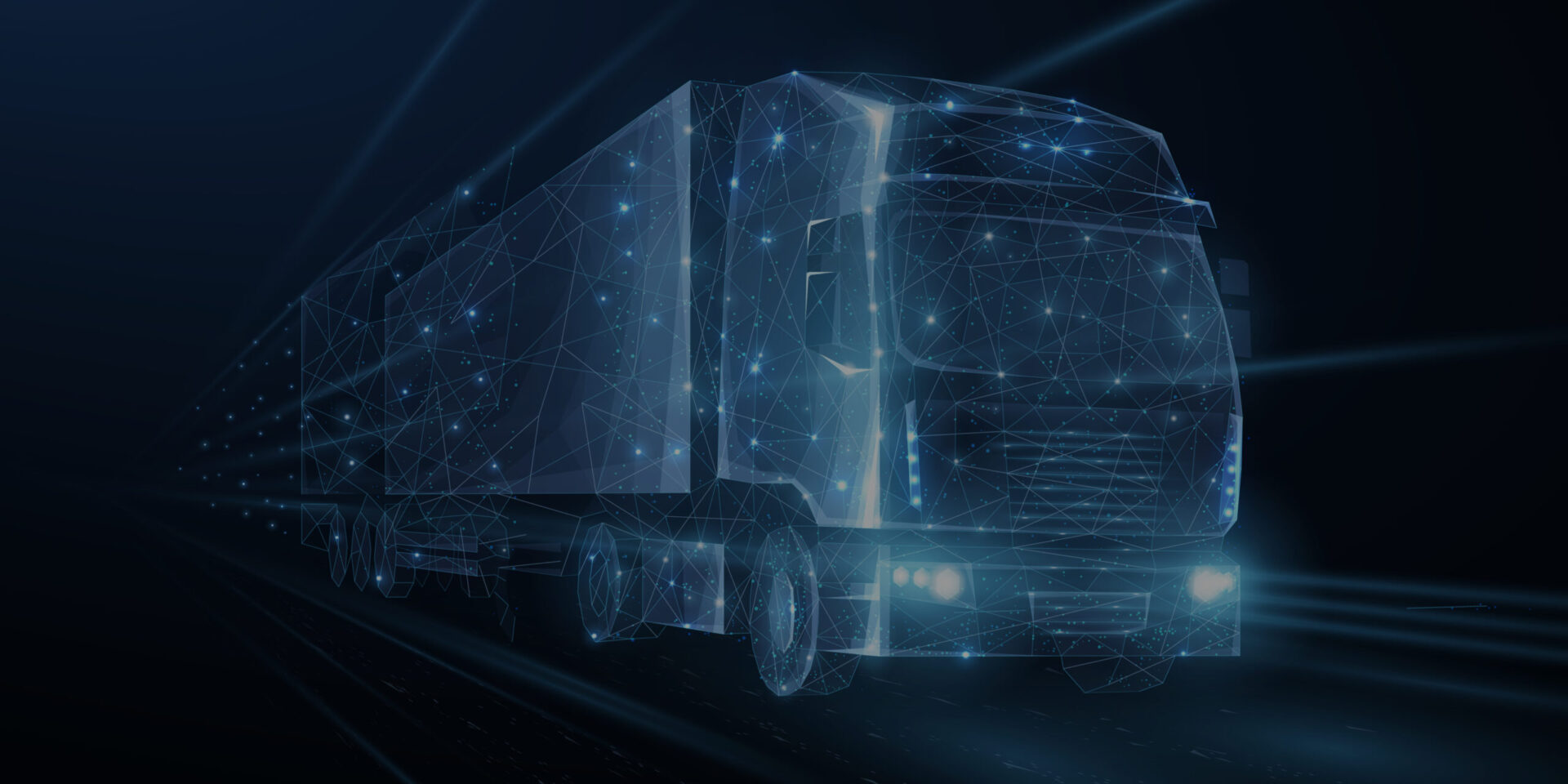Automation is fast becoming the key driving force for almost every industry on the planet. The truth is that every industry wants to have a piece of the automation technology to be in the race and stay ahead of the curve. Transportation and logistics are no exception. In fact, these two industries are exploring ways they can bring technologies like AI, Machine Learning, Robotic Process Automation, and other technologies to deliver excellence.
Considering the ongoing pandemic, staying agile, competitive, and automating tasks with less human intervention has become indispensable. Intelligent automation (IA) is rewriting the laws of the transportation and logistics landscape. Let us see how IA is powering up these industries and helping take leaps and bounds in automating tasks and satisfying their customers.
3 Elements of Intelligent Automation
Three cognitive technologies make up intelligent automation. Modern logistics and transportation companies deploy either individually or in the combination of these elements to drive business and technological transformation.
AI
Artificial intelligence is the most critical element in this stack. Using AI and Machine Learning, businesses can develop a detailed knowledge base, analyze them, and make predictions based on structured and unstructured data. AI is considered to be a deciding factor in the ecosystem of intelligent automation.
BPM
Business process management (BPM), also known as business workflow automation, is the second component of intelligent automation. Business process management automates workflows to improve business processes through greater agility and consistency. Most industries use business process management to enhance interactions and engagement and streamline operations.
RPA
Robotic process automation (RPA) is the third component of IA. RPA employs bots (software robots) to automate back-office tasks such as data extraction and form filling. These bots are excellent companions to artificial intelligence, as RPA can effectively leverage AI insights to handle more complex tasks and use cases successfully.
Automation in Transportation Industry
The transportation world is shifting its gears from traditional automation to more intelligent automation. Across the goods value chain, RPA or digital bots are used to automate repetitive tasks to improve efficiencies, take care of transport data management, and reduce overall costs. On the other hand, artificial intelligence (AI) is helping them drive more value from rules-based automation.
For example, Walmart and Procter & Gamble have collaborated to develop an automated re-ordering system. Walmart uses satellite communications, which are then transmitted to Procter & Gamble whenever an item is required. The item is then fulfilled and delivered by Procter & Gamble. This allows Walmart to make more accurate forecasts and respond to customer needs more quickly.
Employees can use the cloud to support workflow automation of transportation and then use blockchain smart contracts to automate the process across multiple stakeholders. Coca-Cola, for example, uses an enterprise Ethereum blockchain platform to streamline its communications with its franchised bottling companies to improve the efficiency of cross-organization supply chain transactions.
Intelligent automation, though its adoption rate is still ongoing, is one area that is attracting the most investments.

Automation in Logistics Industry
The logistics sector is benefiting from automation in several ways. From order booking and processing, package handling in warehouses, transit, and shipment to tracking and delivering of materials, automation is deployed in varying degrees in each of these sections to increase efficiency in the entire supply chain.

In the field of freight, data analysis and automation helps to keep track of the trending rates as per the current market rate and constantly update to the latest rates on Internet-based platforms. This aids in addressing the logistics industry’s fluctuating transportation costs.
Errors in entry and miscalculations are expensive mistakes. Intelligent Automation, by fluidly integrating with existing in-house systems, can carry out accurate entries, error-free calculations of fuel charges, expenses, and accessories, completely eradicating human errors.
Global logistics automation has proved its worth time and again, where it has immensely helped logistics workers by freeing them to focus on higher-value. Furthermore, Automation can be programmed to constantly self-update, evolve, and meet the rapidly changing needs of the Logistics and Supply Chain Management sector.
Conclusion
Intelligent Automation has an absolute value in today’s world across industries. Businesses can reduce costs and achieve greater consistency in their workflows by automating repetitive tasks with IA. The ongoing COVID-19 pandemic has only accelerated digital transformation efforts, as more and more organizations are investing in IA to up their game in the market.
Netlabs Global is a leader in providing Robotics Process Automation, Artificial Intelligence, and Machine Learning solutions to help organizations successfully and effortlessly implement intelligent automation to their business processes. Talk to us today to learn more about how our solutions and services can help transform your business.





